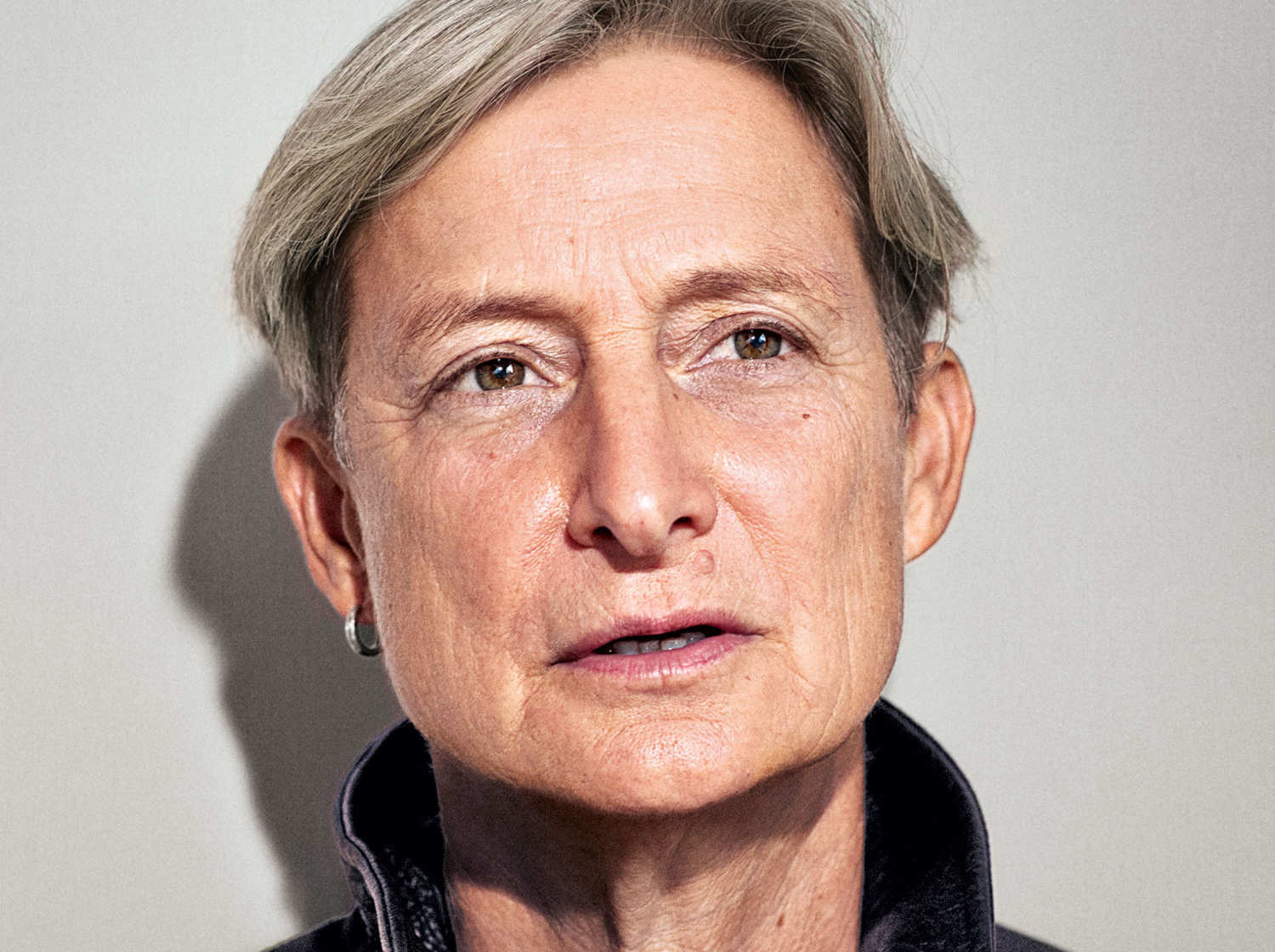The Verso blog has published a translation of a short interview that Judith Butler did with the French newspaper l’Humanité. In the interview, Butler addresses the ramifications of the #MeToo movement, and proposes forms of political alliance that don’t collapse into a simplistic idea of “unity.” Read an excerpt from the interview below, or the full text here.
What is the route from challenging masculine and capitalist domination to building political alternatives? Where should we look for a unifying political project?
As important as it is to think about Bourdieu’s notion of masculine domination and the continuing exploitative and alienating powers of capitalism, those are not the only two modes of power at work. It is not clear, for instance, whether neoliberalism is the same as late capitalism or whether it is a separate mode of power. Further, discrimination on the basis of gender is not always the same as discrimination against women. Many people who do not conform to gender norms — masculine or feminine — suffer from discrimination and violence, and that form of gender discrimination cannot be explained by the framework of masculine domination. And discrimination on the basis of race, immigrant status, religion, and sexuality, all have to be understood as part of the present climate of reactionary politics. For me, the task is not to find a single or synthetic framework, but to find a way of thinking in alliance. The alliance is broad, and it is expanding, and it is a struggle for a more radical democracy. If there is a common political project, it is to be found in the affirmation of a society that will join together to fight the new forms of authoritarianism and fascism — women and their allies will doubtless be at the forefront, but so too will be the queers and the trans, the sans papiers, and those whose work no longer pays them a living wage. If we know what we are fighting, and what kind of world we wish to build, we may well find our common cause.
Image of Judith Butler via The Cut.
